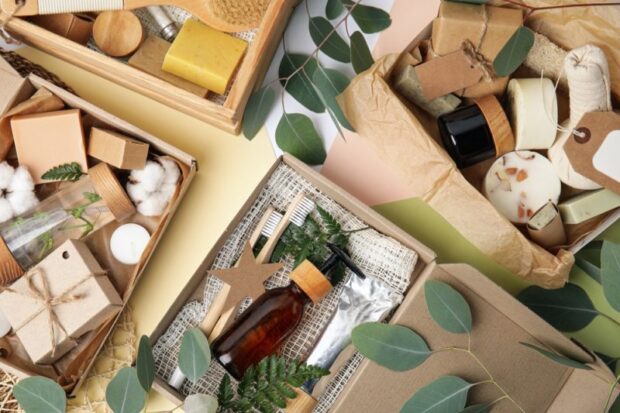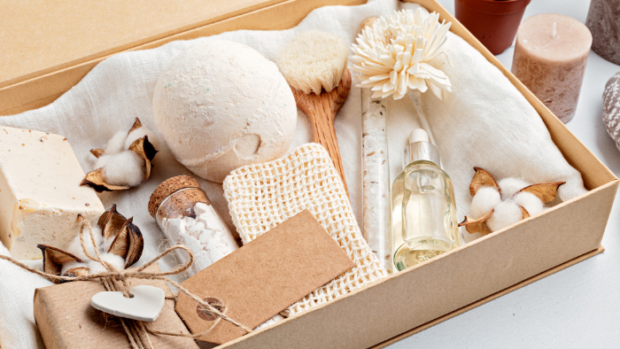As consumers become increasingly conscious of their impact on the environment, the beauty industry is also starting to embrace sustainable and eco-friendly practices.
Custom beauty manufacturing, which allows customers to create their own unique beauty products, is no exception. In fact, there are several ways that custom beauty manufacturing can be made more sustainable and eco-friendly.

One way to achieve this is through the use of natural and organic ingredients. Instead of relying on synthetic ingredients that can harm the environment and potentially irritate the skin, custom beauty manufacturers can source natural ingredients that are sustainably harvested and produced. For example, using organic oils like jojoba, argan, or coconut can help moisturize the skin without leaving a heavy residue.
Another way to promote sustainability in custom beauty manufacturing is through the use of packaging that is recyclable or biodegradable. Many cosmetic products come in plastic packaging that can take centuries to break down in landfills.
However, custom beauty manufacturers can opt for packaging made from materials like glass, metal, or cardboard that can be easily recycled or composted. This not only reduces waste but also helps to preserve the environment.

In addition to using eco-friendly ingredients and packaging, they can also reduce their carbon footprint by embracing renewable energy sources. For example, installing solar panels on manufacturing facilities can help reduce the use of fossil fuels and lower the carbon emissions associated with the production process.
Furthermore, they can reduce their water usage by implementing practices such as rainwater harvesting, which can be used to water plants and flush toilets.
Sustainability is not just about reducing waste and minimizing environmental impact, but also about promoting social responsibility. Custom beauty manufacturers can achieve this by sourcing ingredients from fair trade suppliers.
This ensures that farmers and producers are paid fairly for their products, and that their working conditions are safe and ethical. This not only benefits the producers but also ensures that consumers are getting high-quality, ethically sourced ingredients.

Custom beauty manufacturing also has the potential to reduce waste by producing products on demand. Traditional processes often result in excess inventory that ends up being discarded or sold at a discount. However, custom beauty manufacturing allows manufacturers to produce products only when they are ordered, reducing the amount of excess inventory and waste.
Finally, custom beauty manufacturing can also embrace sustainable and eco-friendly practices by adopting a circular economy model. This involves designing products and packaging that can be reused, repaired, or recycled.
For example, custom beauty manufacturers can offer refillable products, reducing the need for customers to purchase new packaging each time they run out of a product. Additionally, they can design packaging that can be easily disassembled and recycled or composted.

In conclusion, custom beauty manufacturing has the potential to embrace sustainable and eco-friendly practices in a variety of ways. From using natural and organic ingredients to adopting renewable energy sources, custom beauty manufacturers can reduce their impact on the environment while still offering high-quality, unique products.
Furthermore, by promoting social responsibility and embracing a circular economy model, custom beauty manufacturers can help to create a more sustainable and equitable future.




